Despite an increase of the hazelnut production in France, the harvested volumes are not enough to meet the constantly increasing demand.
“For a few years now, consumers have been more concerned about their health and diet. Dried fruits have become more and more popular. And hazelnuts are no exception, especially with their particularity of being consumed all year round, as a snack, for cooking/baking, as well as in processed products (spread, chocolate, oil), which make for a large part of the hazelnut consumption,” explains Chaïmaa Bouvry, marketing and communication manager at Unicoque.
“Despite the higher demand, the French hazelnut production is not enough to supply the entire French market. But it could easily be more present.”
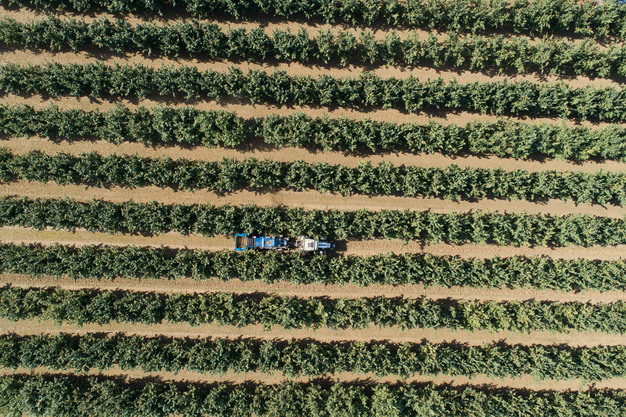 Photo credit: Olivier Löser
Photo credit: Olivier Löser
Indeed, the French production still remains relatively confidential. “As a comparison, it represents 1% of the French production compared to the Turkish giant which produces 75% of the world’s hazelnuts. There are many hazelnut imports, mainly from Turkey. We work hard to promote our know-how and the quality of French hazelnuts in order to establish a balance between consumption and hazelnut imports. And our objective is to triple our production by 2030,” explains Chaïmaa.
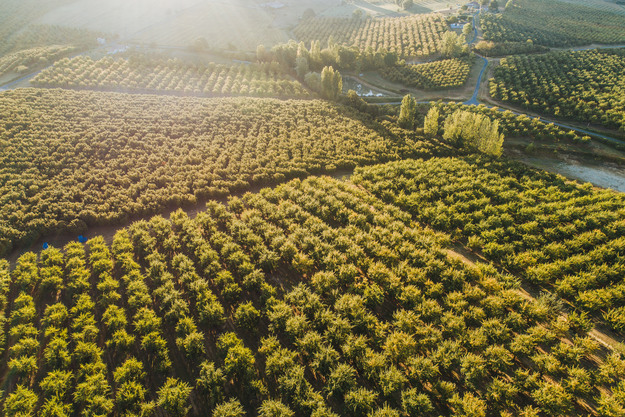 Photo credit: Olivier Löser
Photo credit: Olivier Löser
“The French hazelnut production is exemplary”
According to Chaïmaa, the biggest challenge today is to promote the exemplary nature of the French hazelnut production. “Today, the production of hazelnuts in France is considered to offer the best guarantees of sanitary and organoleptic quality, with a perfectly traceable sustainable production. However, it must compete with imported products which offer none of those qualities to the consumer. The issue of phytosanitary control especially, against hazelnut pests, is very constrained on our production compared to other origins, including organic productions. Indeed, most imported organic hazelnuts would not have received the certification if they had been produced the same way in France.”
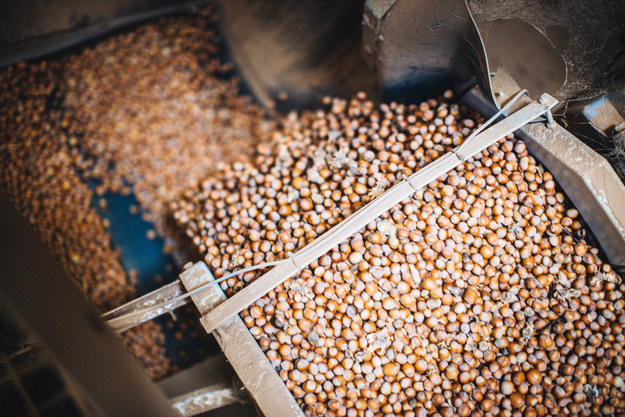 Photo credit: Olivier Löser
Photo credit: Olivier Löser
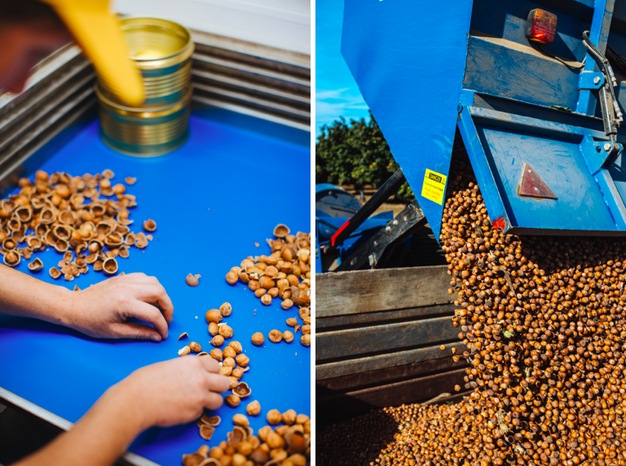 Photo credit: Olivier Löser
Photo credit: Olivier Löser
About Unicoque
In 1979, the Unicoque cooperative was created in Casseneuil, in the southwest of France. A few pioneers, anxious to secure their agricultural income by diversifying their crops, organized themselves collectively to make the most of their harvest by creating their own economic tool under cooperative status.
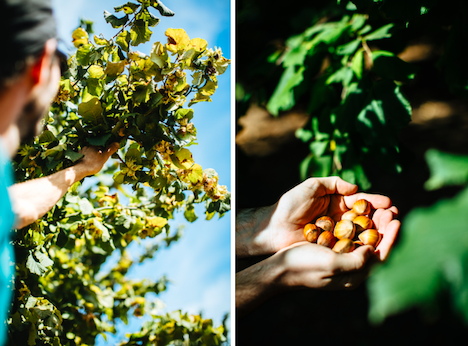 Photo credit: Olivier Löser
Photo credit: Olivier Löser
The cooperative has developed over time. It now brings together more than 350 producers whose activity covers 6,500 hectares of hazelnut trees, mostly located in the southwest. Today, it processes 98% of the French hazelnut production and 50% of its revenue comes from export, mostly to Germany, Spain and Italy. Its main mission is to organize the offer and market all the fruits, walnuts and hazelnuts, harvested on the farms of its producers.
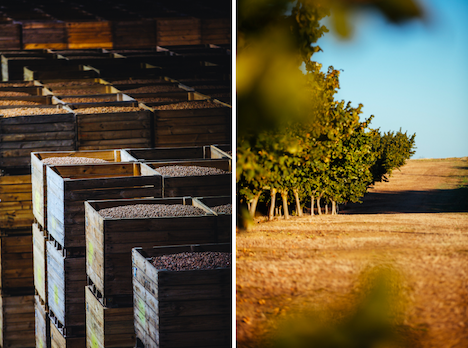 Photo credit: Olivier Löser
Photo credit: Olivier Löser
For more information:
Chaïma Bouvry
Unicoque – Koki
Louberie,
47290 Cancon
Phone: +33 5 53 01 45 00
cbouvry@koki.com
www.koki.com
